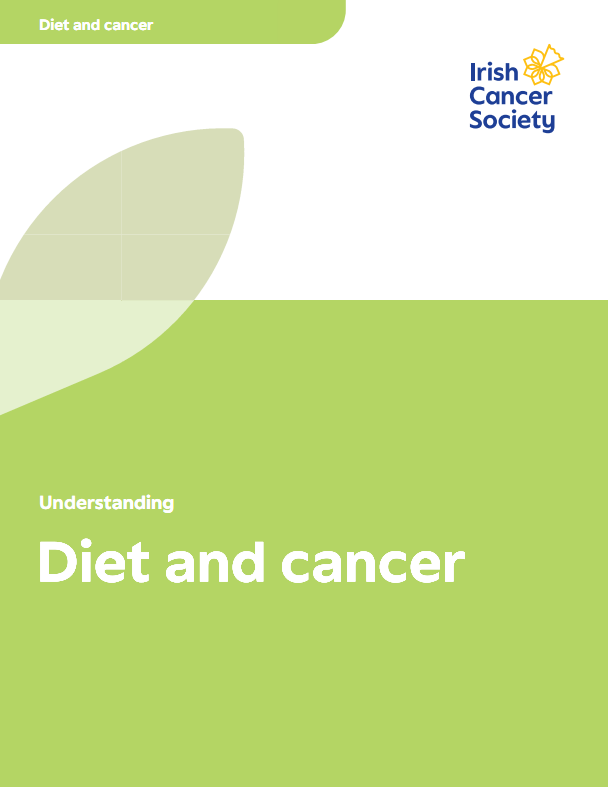Diarrhoea
Diarrhoea occurs when you pass watery bowel motions (poo) more than three times a day. You may also have stomach cramps or pain in your tummy.
What causes it?
- Chemotherapy and other cancer drugs
- Infections
- Long-term constipation or drugs used to treat constipation
- Nerve damage due to stomach surgery
What are the symptoms?
- Passing bowel motions that are soft, loose or watery more than 3 times a day, over and above your normal bowel pattern.
- You could also get black, tarry, sticky stools or stools with blood or mucus.
- Cramping or abdominal (tummy) pain.
What should I do if I have symptoms?
Tell your doctor or nurse immediately if you have loose or watery poos more than 3 times over and above your normal pattern over a 24-hour period. They will give you advice over the phone on how best to treat it.
How is it treated?
Your doctor may advise you to take medicine to help stop the diarrhoea. Take them as directed if your doctor prescribes them for you.
Your doctor may get a sample of your poo tested to check it isn’t caused by an infection before they prescribe anti-diarrhoea medications.
If you have severe diarrhoea, you may become dehydrated and need to be admitted to hospital for intravenous fluids (fluids given into a vein). You may have a blood test to see if you are dehydrated.
Tips for diarrhoea
- Drink plenty of clear fluids (1½ to 2 litres a day) to replace what you lose with diarrhoea.
- Take liquids 30 minutes to 1 hour after your meal and/or between meals.
- Eat small amounts of food during the day instead of 3 large meals.
- Take care with the following foods as they can make diarrhoea worse: fatty, greasy and fried foods; fizzy drinks; drinks with caffeine like coffee, tea, cola and hot chocolate; citrus fruits, like orange and grapefruit, and tomato juices; foods containing the artificial sweetener sorbitol, such as chewing gum and diet or low-calorie products.
- Avoid alcohol and tobacco. They can make diarrhoea worse.
- Ask your doctor/dietitian about probiotics. They may recommend trialling a probiotic product, but only when you have finished your treatment and your immune system has recovered.
- Call your doctor if the diarrhoea continues or gets worse or if your stools (poos) are red or dark in colour.
Diarrhoea and immunotherapy
If you are having immunotherapy, diarrhoea could be a sign that your bowel (colon) is inflamed. It’s important to let your treating hospital know if you are passing bowel motions more often or if they are soft, loose, watery or blood stained.
You may need medication that can settle the immune system. Inflammation needs to be treated to avoid serious complications. Never treat yourself with anti-diarrhoea medicine at home and always talk to your hospital team, rather than a pharmacist or GP.



Talk to a Cancer Nurse

Support Line
Our Daffodil Centres


